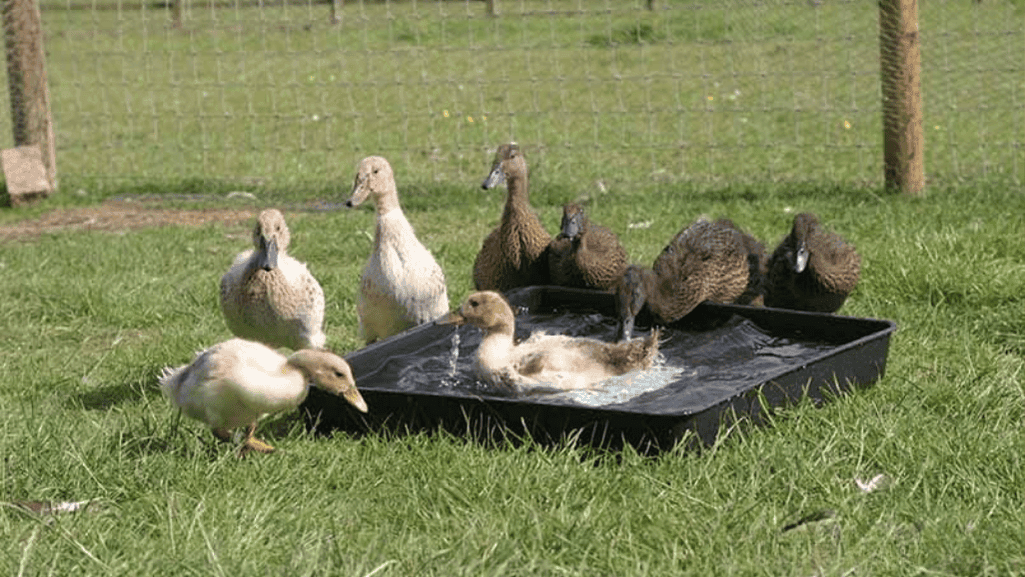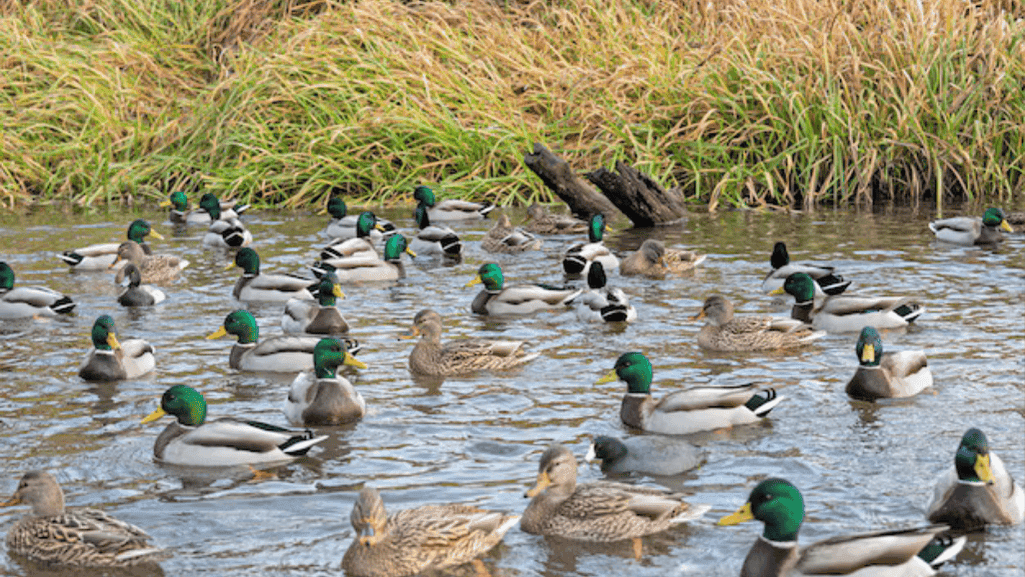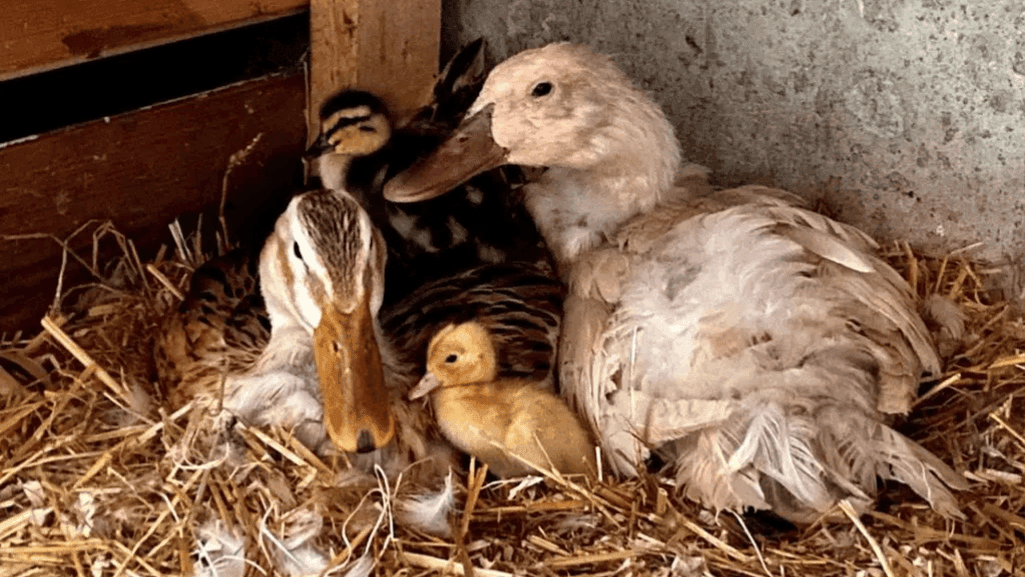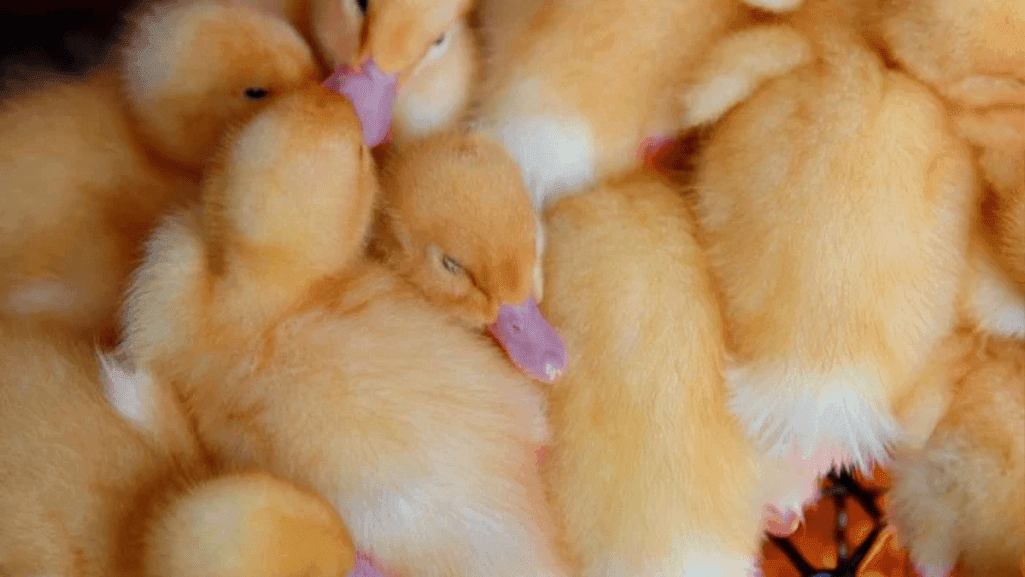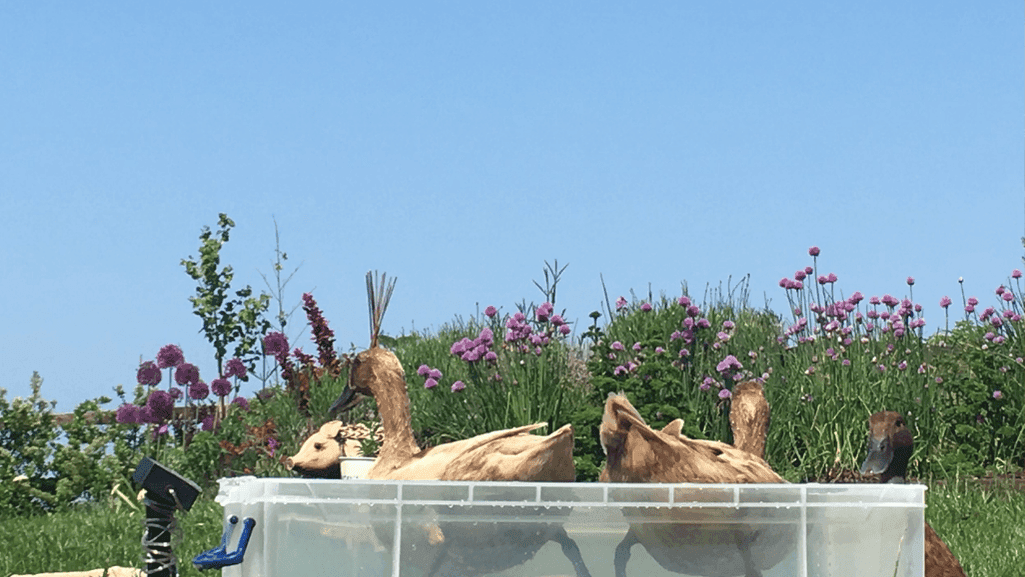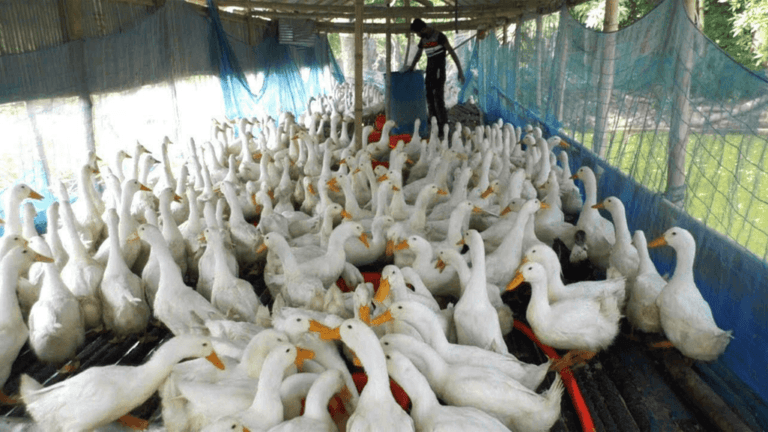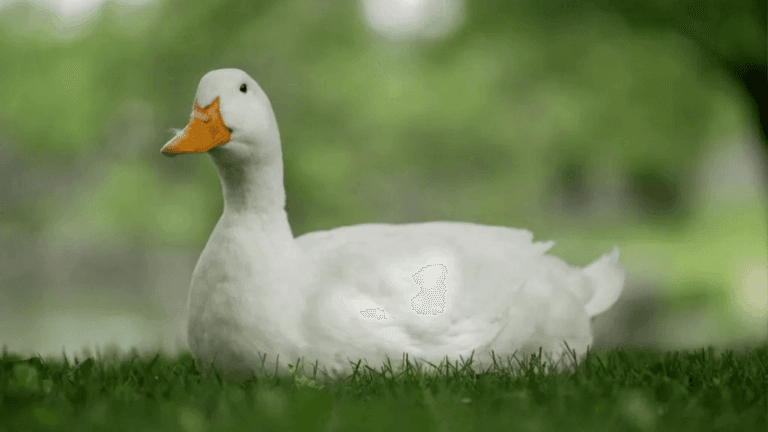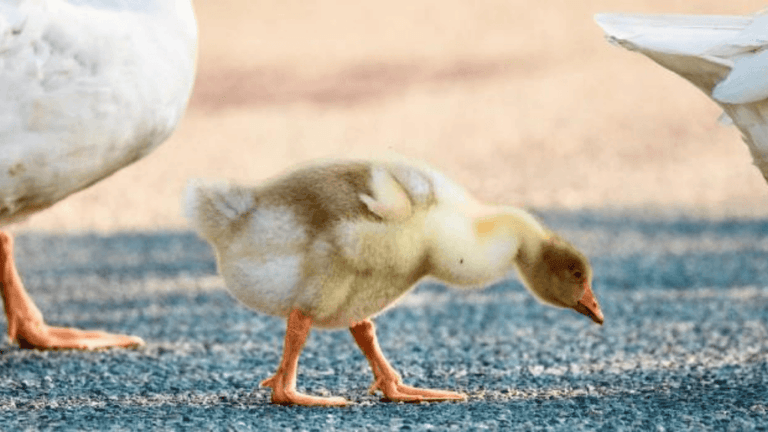Ducks are unique and playful animals How to Keep Ducks that bring joy to any home. They are social creatures, thriving in pairs or small flocks. Their fun-loving nature makes them a great choice for families or hobbyists looking for a lively addition to their lives.
Proper care for these feathered friends involves providing adequate space, clean water, and a balanced diet. Ducks need room to roam, access to water for swimming, and a safe shelter to protect them from predators. Their diet should include commercial feed, fresh vegetables, and grains to keep them healthy.
Starting a duck flock is manageable with the right preparation. From housing to feeding, this guide will walk you through the essentials. Ducks also offer practical benefits, like pest control and garden fertilization, making them a rewarding choice for many.
Stay tuned for detailed instructions on creating a happy and healthy environment for your ducks. Whether you’re a beginner or an experienced keeper, this guide has you covered.
Key Takeaways
- Ducks are social and playful, making them great pets.
- Provide ample space, clean water, and a balanced diet.
- Safe housing is essential to protect ducks from predators.
- Ducks offer benefits like pest control and garden fertilization.
- This guide covers all the essentials for duck care.
Understanding Duck Behavior and Breeds
Understanding duck behavior and breeds is essential for creating a thriving flock. Each breed has unique traits that influence their care and interaction. Whether you’re raising ducks for eggs, meat, or companionship, knowing their characteristics ensures a happy and healthy environment.
Popular Duck Breeds and Their Traits
Ducks come in a variety of breeds, each suited for different purposes. The Khaki Campbell is a top choice for egg production, laying up to 300 eggs annually. For meat, the Muscovy breed is highly valued for its lean and flavorful meat. The Call duck, known for its small size and friendly nature, is perfect for backyard enthusiasts. Meanwhile, the Indian Runner stands out for its upright posture and ability to lay over 200 eggs per year.
Choosing the right breed depends on your goals. Egg layers like the Campbell and Runner are ideal for productivity, while Muscovy ducks are better for meat. Smaller breeds like the Call duck are great for companionship. Understanding these traits helps you select the best fit for your flock.
Behavioral Differences Between Ducks and Chickens
Ducks and chickens are often compared, but their behaviors differ significantly. While chickens are orderly and predictable, ducks are more playful and adventurous. “Chickens are like school prefects, while ducks are the rowdy teenagers,” as one expert aptly described. Ducks thrive in social settings and require companionship, making it essential to raise them in groups.
Gender ratio also plays a role in their behavior. A balanced ratio of 3-4 females per male reduces aggression and ensures harmony. Ducks are also more water-dependent than chickens, needing access to water for feeding and swimming. Their social nature and unique needs make them a rewarding but distinct addition to any backyard.
For more insights into duck breeds and their traits, check out this guide on duck breeds. Understanding these aspects ensures you’re well-prepared to raise a happy and healthy flock.
Creating a Safe and Comfortable Duck Habitat
Providing a secure and nurturing environment is key to raising healthy ducks. A well-designed habitat ensures they thrive and stay protected from harm. This involves thoughtful planning for housing, space, and essential features like water access.
Housing Essentials and Space Requirements
Ducks need ample space to roam and explore. Indoors, each bird requires at least 4 square feet of floor space. For outdoor runs, aim for 10-20 square feet per duck. This allows them to engage in natural behaviors like foraging and socializing.
Shelter should be draft-free yet well-ventilated. Use materials like straw or wood shavings for bedding, ensuring it’s changed regularly. Proper insulation is crucial in colder months to prevent frostbite, especially for larger breeds.
Water Features: Ponds, Pools, and Bathing Areas
Water is essential for ducks’ health and happiness. They need access to clean water for drinking and bathing. A small pool or pond allows them to submerge their heads, which is vital for respiratory health.
Change swimming water frequently to maintain cleanliness. For smaller setups, a kiddie pool works well. Ensure the area is easy to clean and refill, as ducks can quickly soil their water.
Predator Proofing and Enclosure Tips
Protecting ducks from predators is a top priority. Use sturdy fencing, buried at least 6 inches deep, to prevent digging. Secure all openings to keep out raccoons, foxes, and other threats.
Motion-activated lights or alarms can deter nocturnal predators. Additionally, guardian animals like dogs or geese add an extra layer of security. Regularly inspect the enclosure for weaknesses to ensure your ducks stay safe.
Essential Feeding and Nutrition for Ducks
Proper nutrition is the cornerstone of raising healthy and happy ducks. A balanced diet ensures they grow strong, lay eggs efficiently, and stay active. Understanding their dietary needs helps you provide the best care for your flock.
Diet Requirements and Feed Options
Ducks thrive on a mix of grains, pellets, and fresh vegetables. Commercial feeds designed for waterfowl are ideal, as they contain the right balance of protein and nutrients. For ducklings, starter feeds with at least 20% protein are essential for growth.
Non-medicated feeds are crucial, as medicated options can harm ducks. Brands like Little Pecks offer high-quality options with added niacin, which supports bone development. Always check the label for protein levels and expiration dates to ensure freshness.
Supplementation: Grit, Niacin, and Fresh Water
Grit aids digestion by helping ducks break down food in their gizzards. Offer it in a separate dish for easy access. Niacin, or Vitamin B3, is vital for preventing leg issues, especially in young ducks. Supplements or niacin-rich feeds are recommended.
Clean, fresh water is non-negotiable. Ducks need it for drinking and bathing. Ensure their water source is changed daily to prevent contamination. A shallow pool or bowl works well for smaller flocks.
- Provide a mix of grains, pellets, and fresh vegetables.
- Choose non-medicated feeds to avoid health risks.
- Include grit and niacin supplements for optimal health.
- Maintain clean water sources for drinking and bathing.
Step-by-Step Guide on how to keep ducks
Caring for these feathered companions requires a structured approach to ensure their well-being. A consistent routine and thoughtful adjustments throughout the year are essential for a thriving flock.
Daily Care Routines and Best Practices
Start each day by providing fresh water and a balanced feed. Ducks need clean water for drinking and bathing to maintain their health. Ensure their living space is tidy by removing soiled bedding and replacing it with fresh material.
Spend time observing your flock. This way, you can spot any signs of illness early. Regular health checks, such as examining their eyes, beaks, and feathers, are crucial. For more tips on indoor care, check out this guide on keeping ducks indoors.
Seasonal Adjustments and Health Considerations
Weather changes demand adjustments in care. In winter, make sure their shelter is insulated to protect them from cold. Provide extra bedding and ensure their water doesn’t freeze. During summer, offer shade and plenty of water to prevent overheating.
Seasonal shifts also affect their diet. In colder months, increase their calorie intake with grains. In warmer months, supplement their diet with fresh greens. Keeping records of their health and care routines helps track their progress and identify patterns.
- Provide fresh water and feed daily.
- Clean their living space regularly.
- Monitor their health and behavior closely.
- Adjust care routines based on the season.
- Maintain detailed records for long-term care.
Raising Healthy Ducklings: Tips and Techniques
The early stages of a duckling’s life are crucial for their long-term health and happiness. Providing the right environment, nutrition, and care ensures they grow into strong and active adults. Whether you’re raising them as pets or for a productive flock, these tips will guide you through the process.
Brooder Setup and Early Life Care
A brooder is essential for keeping ducklings warm and safe during their first weeks. Start with a temperature of 90°F for the first week, reducing it by 5°F each week until they acclimate to room temperature. Use a ceramic heat emitter to maintain warmth without disrupting their natural day-night cycle.
Provide at least one square foot of space per three ducklings. Line the brooder with absorbent bedding like pine shavings to manage waste. Ensure clean water is always available in shallow dishes to prevent spills. For more details, check out this guide on raising healthy ducklings.
Preventing Common Duckling Health Issues
Ducklings are prone to certain health problems, such as pasty butt, where droppings stick to their vent. Regularly check and clean their vent area to prevent blockages. Niacin deficiency is another concern, causing leg weakness. Supplement their feed with niacin-rich foods like peas or brewer’s yeast.
Monitor their behavior closely. If they huddle together, they may be too cold. If they move away from the heat source, they could be overheating. Early detection of issues ensures prompt treatment and better outcomes.
- Maintain proper brooder temperature and space.
- Use absorbent bedding and shallow water dishes.
- Check for and prevent pasty butt and niacin deficiency.
- Monitor behavior to ensure comfort and health.
Raising ducklings is a rewarding experience. With the right care, they’ll grow into healthy and social pets or productive members of your flock. Start strong, and enjoy the journey!
Integrating Ducks with Other Backyard Flock
Combining ducks with other backyard birds can create a lively and diverse flock. This setup offers benefits like shared pest control and efficient space use. However, it also comes with challenges, such as managing different needs and behaviors.
Successful integration requires careful planning. Each bird species has unique requirements, from feeding habits to space preferences. Ensuring harmony involves addressing these differences while fostering a safe environment.
Co-habiting with Chickens and Other Birds
Ducks and chickens can coexist, but their needs vary. Ducks require more water access, while chickens prefer dry areas. Providing separate feeding and watering stations reduces competition. A balanced ratio of species ensures no single group dominates resources.
Introducing new birds should be gradual. Start with neutral ground for initial meetings. Monitor interactions closely to prevent aggression. For detailed steps, check out this guide on mixed flocks.
Predator control is crucial in mixed flocks. Ducks and chickens are vulnerable to the same threats. Secure enclosures, motion-activated lights, and guardian animals can enhance safety. Regular inspections ensure the habitat remains predator-proof.
Real-life examples show that mixed flocks thrive with proper care. One person shared how their ducks and chickens now forage together peacefully. By addressing each species’ needs, they created a harmonious backyard ecosystem.
Time Management and Routine Maintenance for Ducks
Effective time management ensures ducks thrive in a well-maintained environment. Balancing daily tasks with long-term goals keeps your flock healthy and happy. A structured routine helps you stay organized while meeting their needs.
Daily Tasks and Long-Term Planning
Start each day by providing fresh water and a balanced feed. Ducks rely on clean water for drinking and bathing, which is essential for their health. Allocate 20-30 minutes daily for feeding, watering, and cleaning their space.
Long-term planning involves monitoring their growth and behavior. Keep records of their diet, health, and any changes in their environment. This helps you identify patterns and address issues early.
Cleaning, Health Checks, and Record-Keeping
Regular cleaning prevents disease and keeps the area hygienic. Replace bedding weekly and remove waste daily. Health checks should include examining their eyes, beaks, and feathers for signs of illness.
Record-keeping is crucial for long-term care. Track feeding schedules, health observations, and seasonal adjustments. “Consistency is key to raising a thriving flock,” as one expert noted. Use reminders or apps to stay on top of tasks.
- Provide fresh water and feed daily.
- Clean their living space regularly.
- Monitor health and behavior closely.
- Maintain detailed records for long-term care.
- Organize their space to support a sustainable routine.
Conclusion
Raising a flock of ducks offers fun and practical benefits. From designing a safe habitat to providing balanced feed, every step ensures their well-being. Proper care includes daily routines, seasonal adjustments, and attentive duckling care.
Ducks bring joy and productivity to any backyard. They excel in pest control and provide nutritious eggs. Their social nature makes them a delightful addition to your daily life.
By following this guide, you can create a thriving environment for your flock. Start small, stay consistent, and enjoy the rewards of raising these playful birds. For more tips on training ducks as pets, check out this helpful resource.
Every person can make duck keeping a rewarding experience. With the right approach, you’ll ensure everything runs smoothly. Embrace this way of life and watch your flock flourish.


